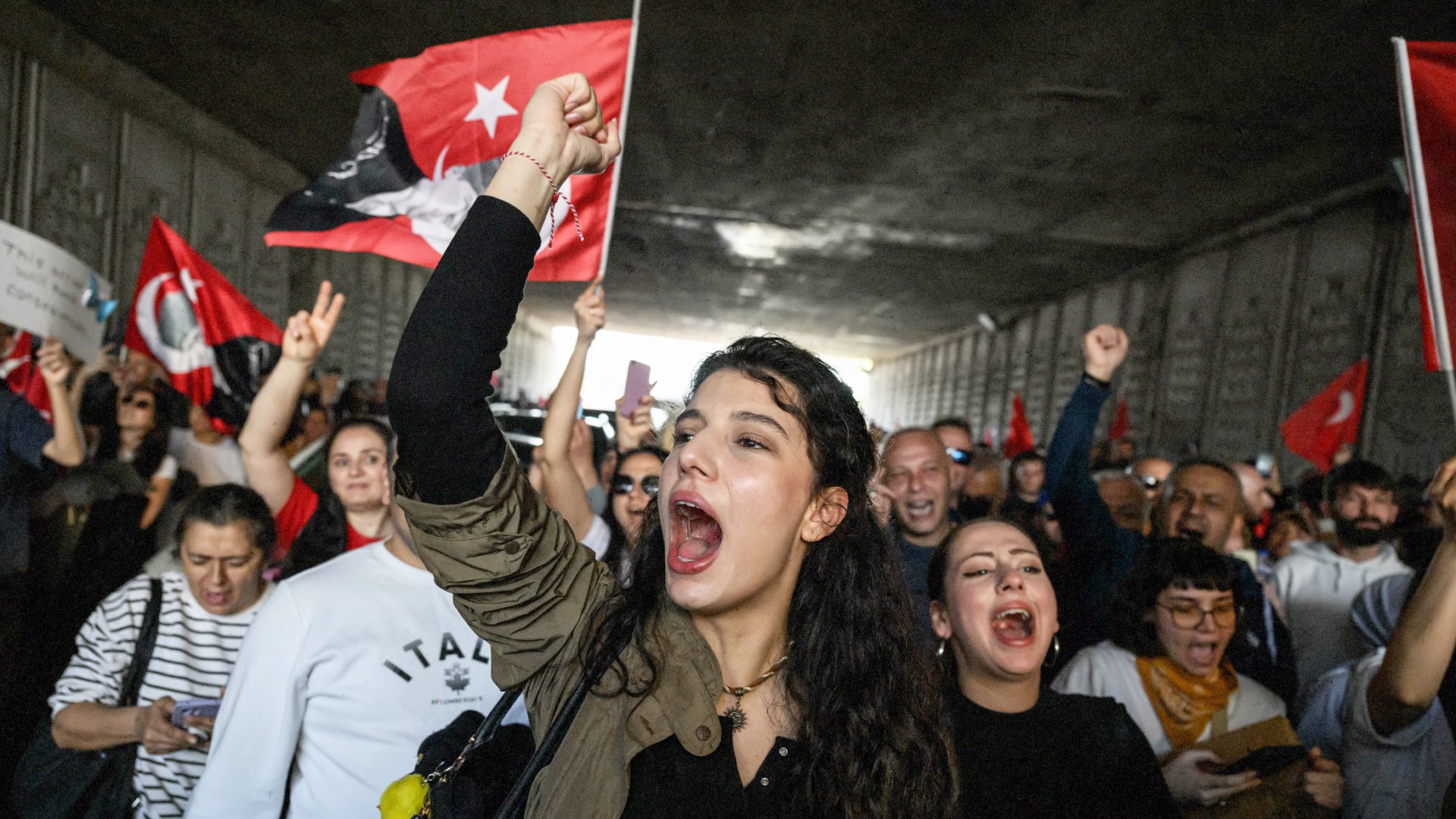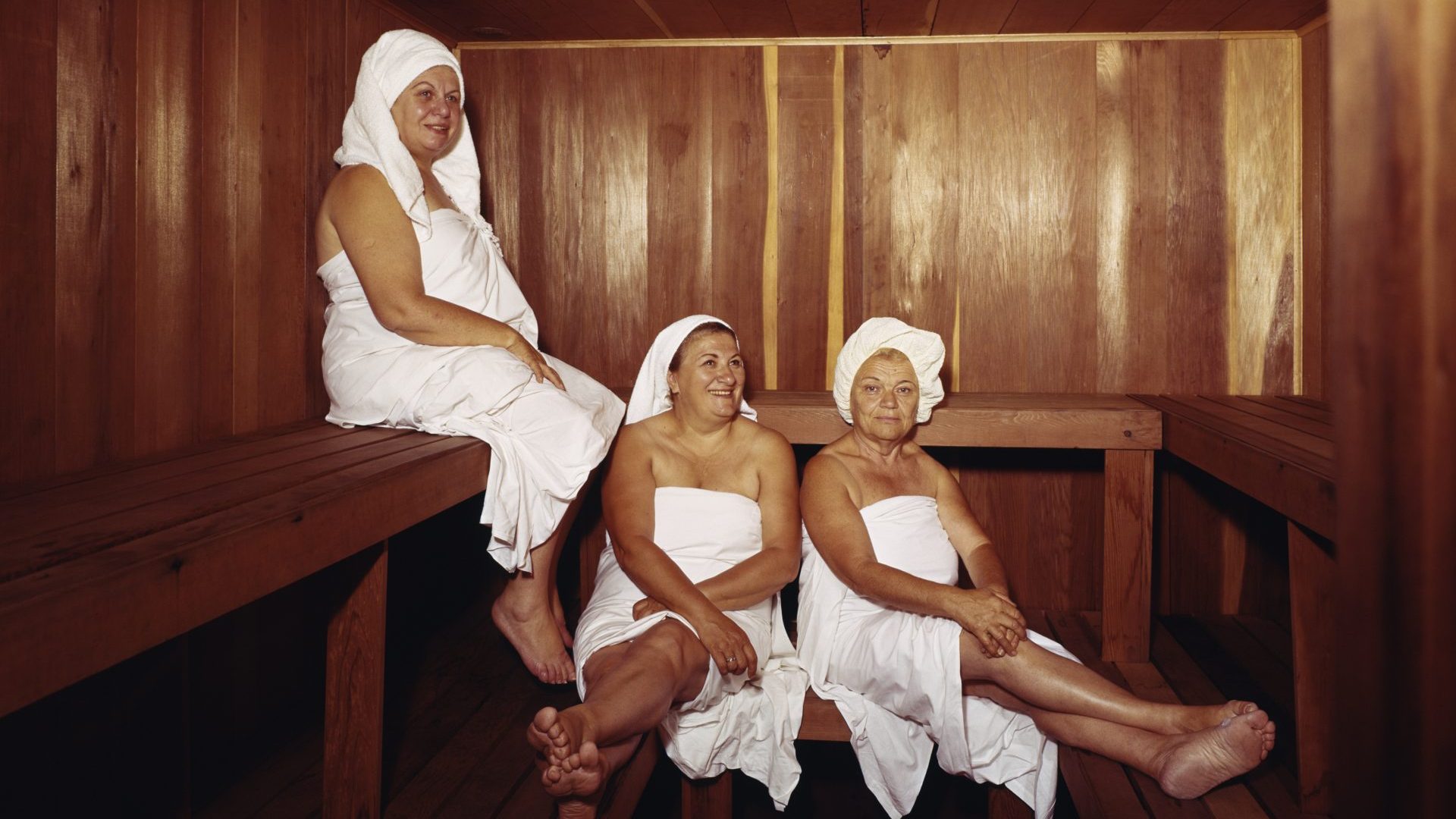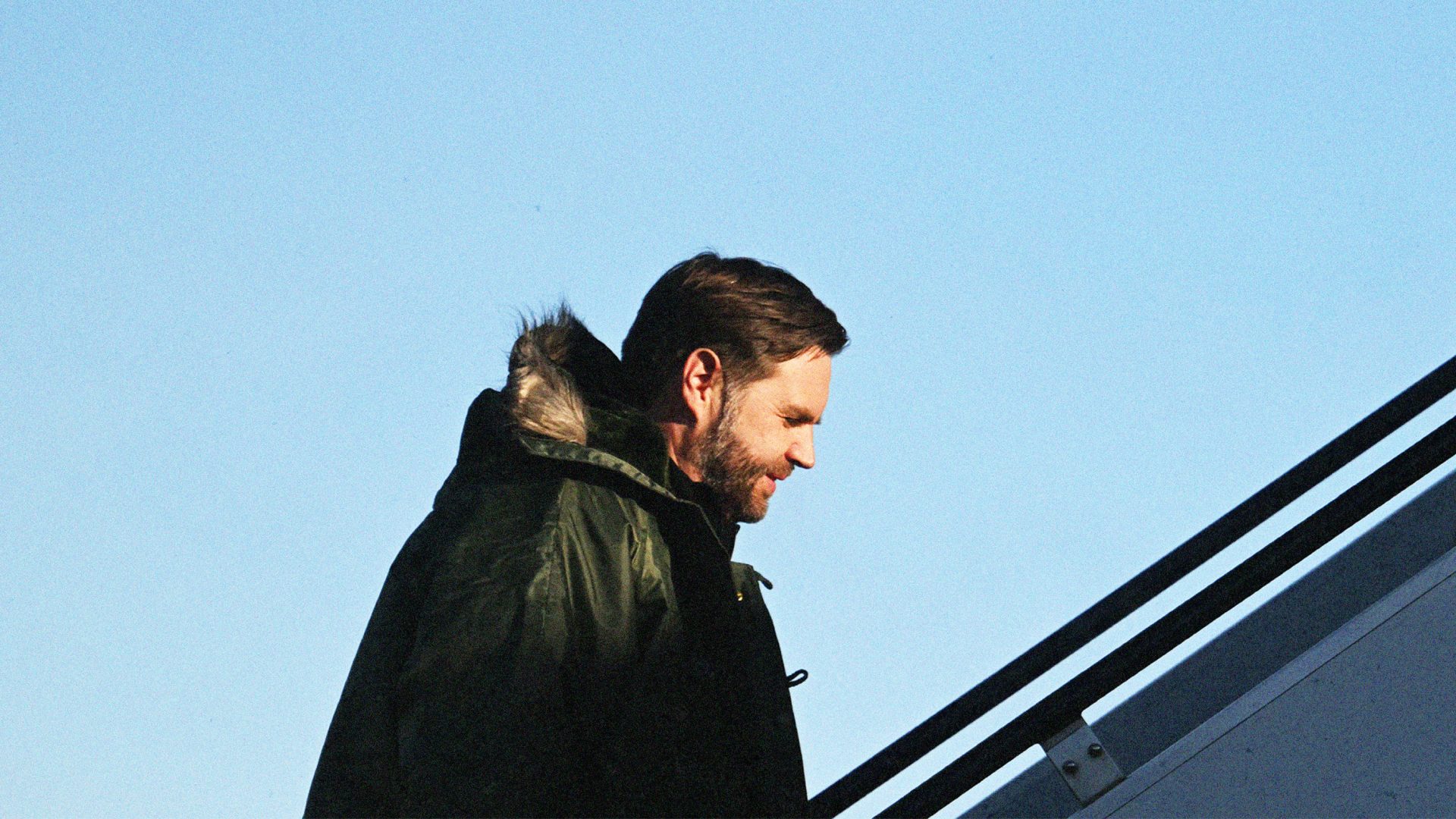Following the arrest of Ekrem İmamoğlu, the mayor of Istanbul and president Recep Tayyip Erdoğan’s biggest rival, the protests have been enormous.
Just four days after the Saraçhane protests concluded, İmamoğlu’s party, the CHP, organised a massive rally in Maltepe, Istanbul, demanding his release and early elections. According to the party, 2.2 million people attended the rally.
The CHP is now beginning to gain support even among people who are not its traditional supporters. A few university students told me they did not traditionally support the CHP, but were glad the party was “finally doing something” rather than simply waiting for the next elections to roll around.
Historically, the opposition in Turkey has been reluctant to use protests as a tool against Erdoğan, especially given the government’s tendency to criminalise and demonise street movements, particularly after the 2013 Gezi protests.
Despite more than 2,000 protesters being detained and hundreds more injured, thousands of university students remain at the forefront of the movement, protesting at their universities, leading online activism, and organising boycotts. One student-led initiative on social media called for an economic boycott on April 2 to demand the release of 301 university students arrested during the protests. The boycott received a boost when the leader of the CHP, Özgür Özel, publicly expressed his support.
The boycott gained national momentum, with some shop owners closing their businesses in solidarity. In Istanbul’s Kadıköy district, for instance, many cafes and bars remained closed, even though the Fenerbahçe versus Galatasaray derby was taking place that day.
A supermarket cashier was shocked. “It was just like during the pandemic. I’ve never seen the store this empty.” She said customers had been in the day before to stock up for the boycott.
The government called it “economic sabotage” and accused the protesters of attempting a “coup against the economy”. The interior minister, Ali Yerlikaya, and trade minister, Ömer Bolat, were photographed in supermarkets pushing shopping carts to show that everything was “normal”. The energy minister, Alparslan Bayraktar, was seen in an Espressolab shop, a coffee chain specifically targeted by the boycott.
The state-owned television channel TRT even fired an actress, Aybüke Pusat, after she posted an Instagram story supporting the boycott, along with two other actors who defended her online. Turkish police detained several individuals who endorsed the boycott on social media, including the actor Cem Yiğit Üzümoğlu, accusing them of “provoking hatred and enmity”.
If the boycotts weren’t damaging the ruling party, “why would they react so strongly?” one student asked, rhetorically. His friend added that if the boycotts were as ineffective as the pro-government media was claiming, then why did the government block the website set up to share information about which companies to boycott?
When the head of DBL Entertainment labelled protesters “traitors”, online students rallied for a boycott of the company. British rock band Muse postponed their Istanbul concert, while Norwegian musician Ane Brun and South African comedian Trevor Noah also cancelled performances in the city.
And yet, İmamoğlu remains in prison. The CHP has launched a signature campaign called: “We want our candidate by our side and our ballot box in front of us”. They are calling for İmamoğlu’s release and early elections.
Celal Budak is a freelance writer living in Istanbul



